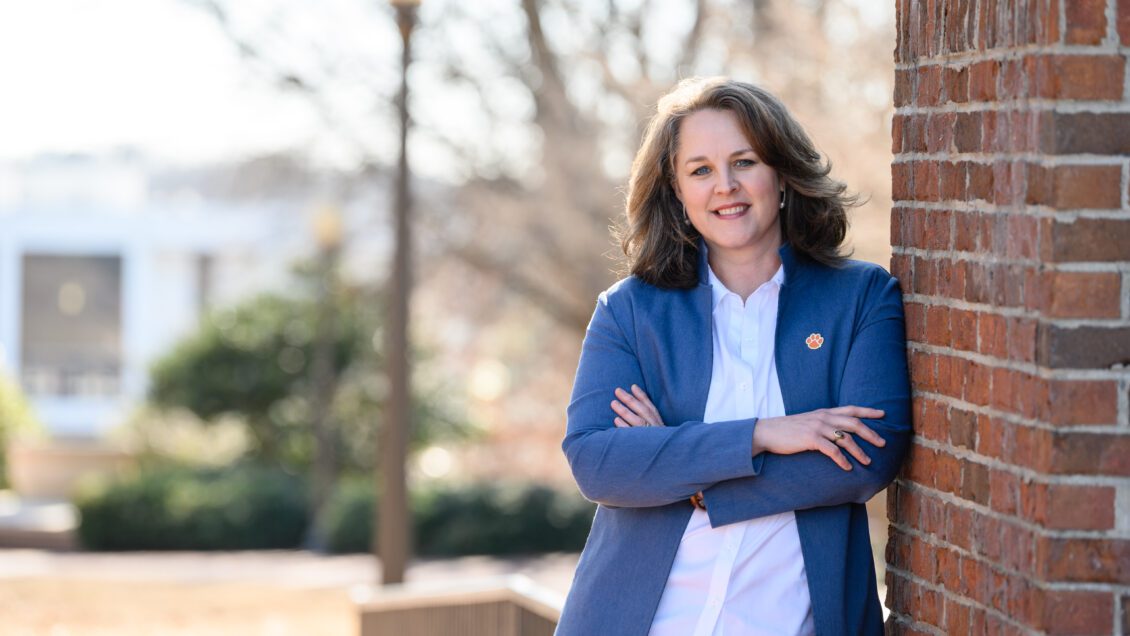In 2022, now retired CPT Tim Adams of Miami Gardens Police Department was speaking about the problem of suicide in law enforcement and the pervading mental health issues facing society. He said, “Hurt people can’t help hurt people, but well people can help hurt people.”
This has stayed with me since he spoke those words. It’s something I intuitively understood but had never heard articulated so well.
When I came to Clemson, I had a belief that institutions of higher learning had a moral obligation to grow well people. Not just students, but also faculty and staff, as I understand the symbiotic relationship between these systems. We cannot have well students without well faculty and staff. And we cannot have well faculty and staff if students are struggling. And struggling people impact our entire community. Well-being flourishes in a community that fosters culture, community and connection.
As I’ve begun to build out our well-being strategy at Clemson, my mind has been coalescing around this vision: To grow thriving individuals (staff, students, faculty and the surrounding community) that transform the world (for the better).
I have always believed that well-being is foundational to the success of Clemson Elevate. We cannot succeed with our bold strategy to provide the No. 1 student experience, double research or transform lives if we don’t invest in the well-being of our community. Well-being threads itself throughout our ability to be successful in our strategy.
My goal is that well-being becomes synonymous with our Clemson values. That each academic college adopts this vision of well-being and integrates well-being priorities into their own strategies. When organizations set well-being goals and priorities, they set intentions to change existing norms and facilitate constant quality improvement for their people.
Consequently, I’ve encouraged college leaders to identify at least one well-being goal to include in their respective strategic plans. Concurrently, the Clemson Well-Being Council will make recommendations for priorities at an enterprise level. Together, these two efforts — at the college level and enterprise level — will drive scalable improvements in the well-being of our community.
My 2024 goals are to establish the Clemson Well-Being Council, gain consensus on key community health priorities and establish a one-stop shop for well-being resources. What are yours?

